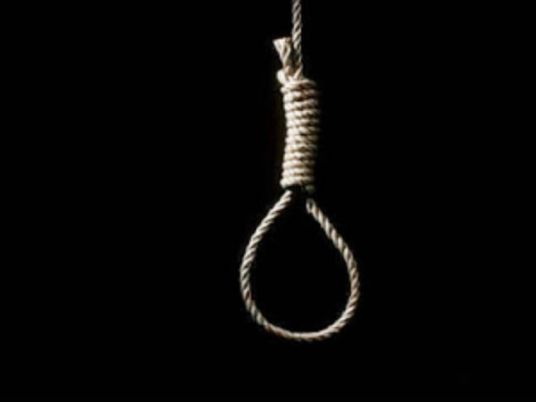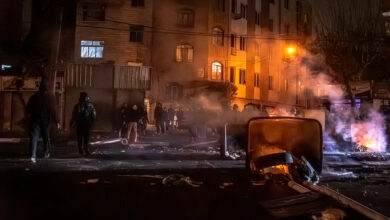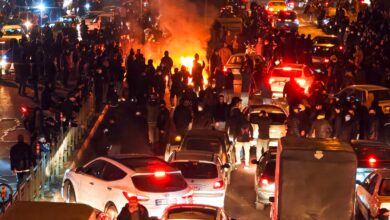
The world saw the highest number of recorded executions in more than 25 years in 2015, according to a new report from human rights group Amnesty International.
In what the organization called an "alarming surge," at least 1,634 people were executed last year, an increase of more than 50 percent on 2014.
"The rise in executions last year is profoundly disturbing," said Salil Shetty, Amnesty International's Secretary General, in a statement.
"Not for the last 25 years have so many people been put to death by states around the world."
According to the rights group's annual report the dramatic increase was fueled by three nations — Iran, Pakistan and Saudi Arabia — who together were responsible for
nearly 90 percent of executions in 2015.
A dubious distinction
"It is disturbing how the countries still clinging to execution, such Iran, Pakistan and Saudi Arabia, have all put people to death at unprecedented levels," Chiara Sangiorgio, Amnesty's death penalty expert, told CNN.
"Many governments' responses to evolving security threats is leading to the unraveling of human rights protections around the world."
Iran put 977 people to death in 2015, Amnesty says, over 200 more than in 2014, and mostly for "drug-related offences".
The NGO claims that at least four of these individuals were under 18 at the time of their crime, making their executions a "flagrant breach of international law".
In response to the Pakistan Taliban attack on a school in Peshawar that massacred children in December 2014, Pakistan lifted a seven year moratorium on the death
penalty to allow executions for terrorism-related offences.
"Pakistan has made no secret of the fact that they linked the resumption of executions to the Peshawar attacks," said Sangiorgio.
In March 2015, the government confirmed it was changing its policy and executions were resuming for all capital crimes.
Pakistan executed 326 people in 2015, the highest number ever recorded by Amnesty in Pakistan.
Saudi Arabia has long faced international criticism for both the manner and the methods of its judicial killings.
In September 2015 a group of UN experts called for the Saudi monarch, King Salman bin Abdulaziz, to reconsider the high profile death sentence of Ali al-Nimr, nephew of firebrand Shiite Cleric Sheikh Nimr al-Nimr.
Al-Nimr was 17 at the time of his arrest for Arab Spring-inspired protests, and faced execution by beheading and crucifixion. His uncle was executed in January 2016.




